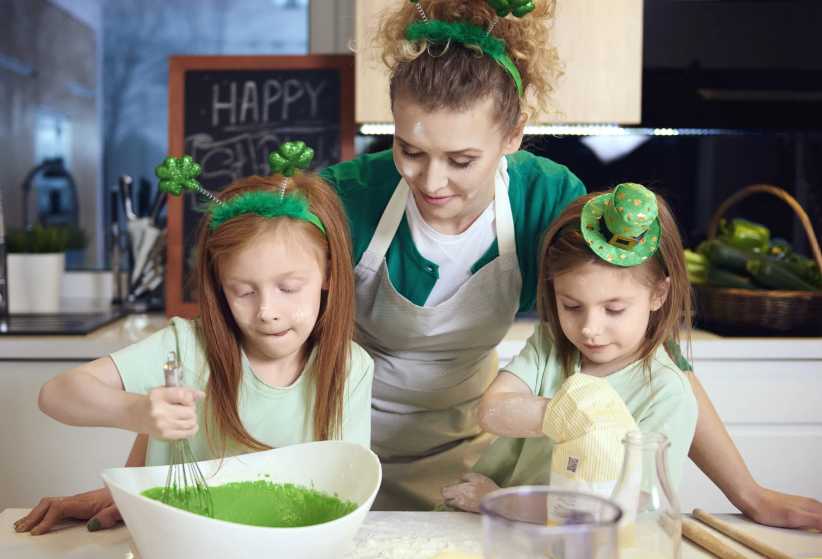For many media pundits and the average consumer, the word “processed” should be spelled “j-u-n-k.” If only we stopped eating processed foods, the thinking goes, Americans would avoid illness and live forever.
Of course, that’s not true. Yet, the degree of processing counts. There are lightly processed foods and ultra-processed foods. The latter are highly processed foods of minimal nutritional value relative to calories.
One obvious example is soft drinks, which have no nutrients, but lots of calories. Others include candy, packaged baked goods, and processed meat products. Studies suggest ultra-processed foods contribute the highest amount of added sugar to the American diet and are linked to a variety of health issues.
Virtually everything we eat is processed to some degree; even grains such as wheat or oats have to be treated in some way to be edible. Olives are another example. Direct from the tree, olives are inedible. While in Turkey a few years ago, I came across some olive trees and tested this for myself. The raw olive was shockingly bitter. Olives do need to be cured before eating!
Processing is important to make food safe, reduce food spoilage, and more. Foods that are cooked, frozen, dried, and fermented can be considered “processed.”
Minimally processed forms of produce — those that are frozen, dried, or canned — are at least as healthful as fresh and sometimes even more so. Since the majority of fresh produce is picked before it reaches its full nutritional value and travels for days before it arrives at the grocery store, some nutrient levels diminish. Fruits and veggies destined for the freezer or cannery are allowed to fully ripen on the plant and are packed soon after harvest, which preserves peak flavor and nutrition.
Cooking is another form of processing that can make a food more appealing and easier to digest. Cooking can also enhance nourishment. For example, cooked carrots have more beta carotene available to the body compared to raw.
Foods that benefit from light processing
Canned tomatoes. These are a well-known example. Heat processing tomatoes helps break down the walls of the plant, raising total antioxidant activity and lycopene content, enhancing the overall nutritional value. Lycopene is a carotenoid antioxidant thought to reduce the risk of certain cancers and to protect against heart disease. This benefit extends to tomato sauce, juice, paste, and kid-friendly ketchup.
Corn and spinach. Their antioxidants are boosted by heat, both in cooking and in heat processing. For example, lutein — found in corn, spinach, and kale — is a nutrient that protects the eyes from macular degeneration.
Canned peaches. Surprisingly, canned peaches have significantly higher levels of vitamin C, antioxidants, and folate compared to fresh peaches. While canning lowers vitamins A and E and total carotenoids, the amounts are comparable to fresh peaches throughout a three-month shelf life.
You may be asking yourself, “What about the added sodium and sugar in canned vegetables and fruits?” Good question! They’re mainly found in the liquids. By draining and rinsing canned fruits and vegetables, you can significantly reduce the sodium and sugar content. Most plain, frozen produce do not have added ingredients, but do read the ingredient list to make sure.
Healthful processed foods
Canned and dried tomatoes: For pasta, soup, salads, and stews.
Frozen edamame: For snacking, tossing into a stir-fry dish and salads.
Canned olives: For pasta, soup, salads, and stews.
Frozen berries: For smoothies, oatmeal, and yogurt.
Dried apricots: For tossing into trail mix and snacking.
Processed foods are key to our modern lives, and they can make nutritious meals widely available. Having a freezer and pantry stocked with healthful, lightly processed foods makes it easy to put a meal on the table without a special shopping trip.
Christine Palumbo is a Naperville, Ill.,-registered dietitian nutritionist and Fellow of the American Academy of Nutrition and Dietetics. Follow her on Twitter @PalumboRD, Facebook at Christine Palumbo Nutrition, or Chris















